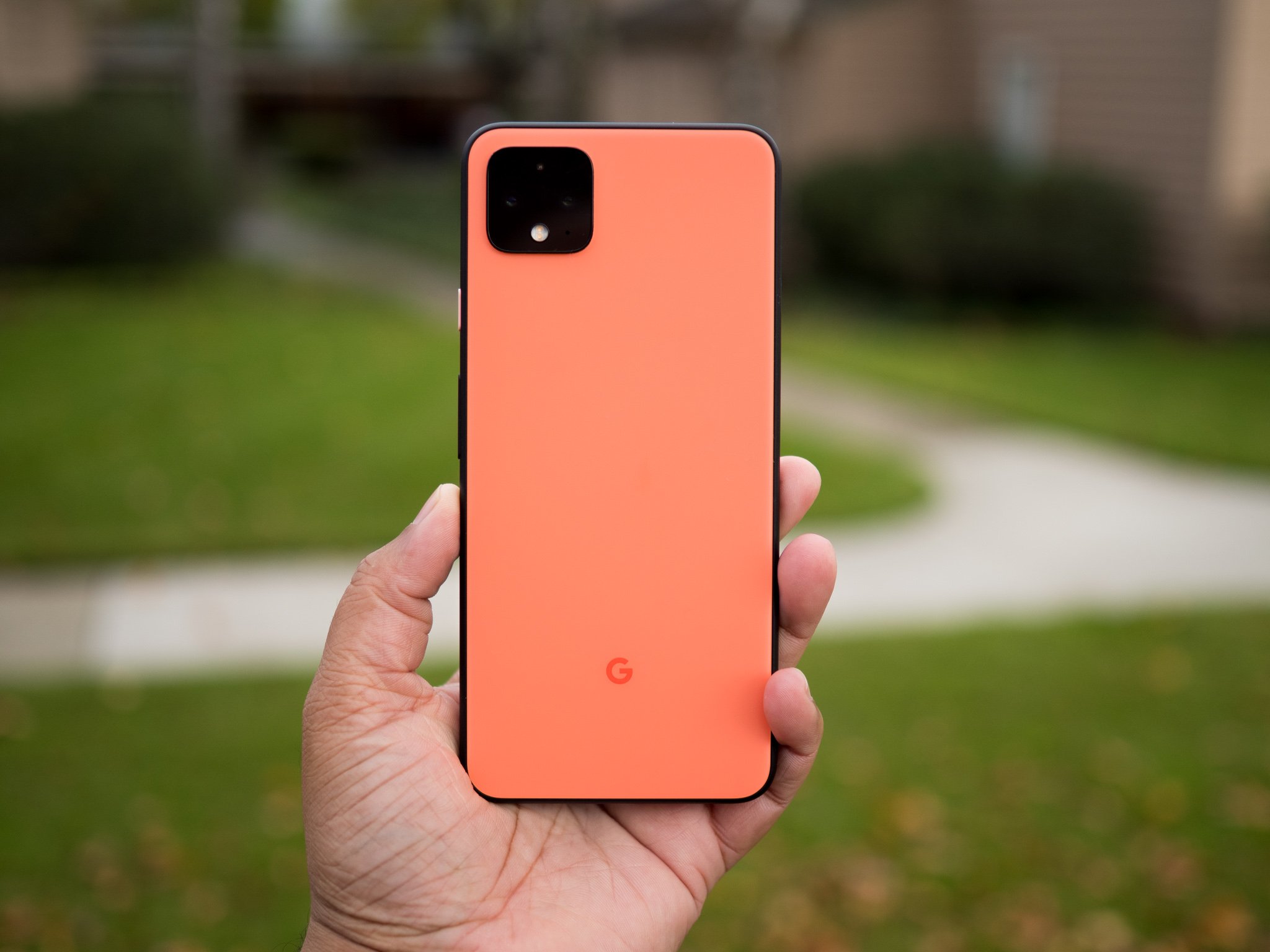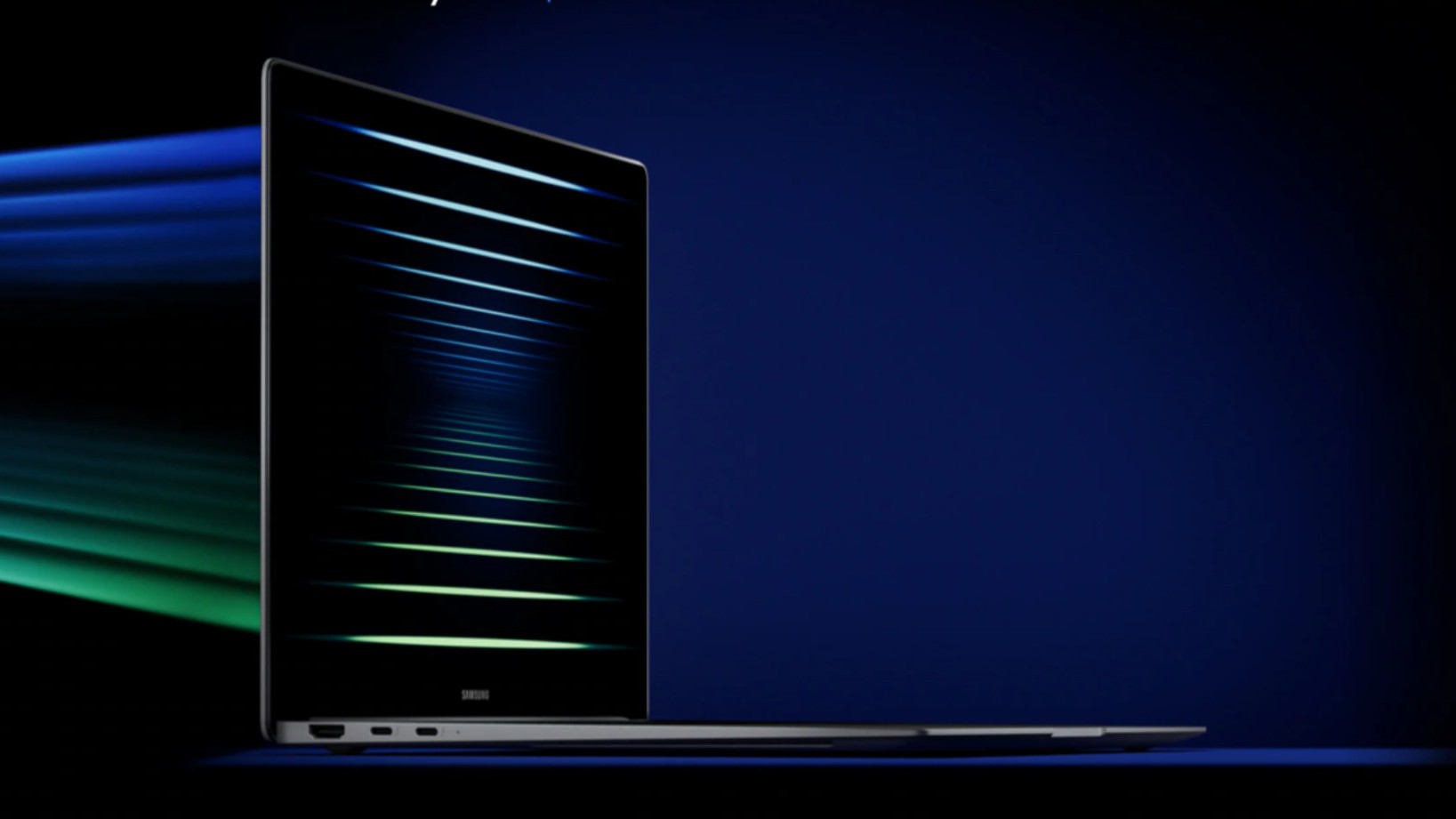Google may ditch Qualcomm and use its own chipsets in Pixel phones in 2021

What you need to know
- Google is said to have made "significant progress" in developing its own chipset.
- The chipset is codenamed Whitechapel, and is set to power Pixel phones as early as next year.
- Google is said to be teaming up with Samsung over the manufacture of the chipset on the foundry's 5nm node.
Google is no stranger to using custom silicon on its Pixel phones. The search giant introduced the Pixel Visual Core image processor in the Pixel 2 and Pixel 3 series, and on the Pixel 4 it unveiled a Neural Core that leveraged machine learning.
Google has been linked with making custom chipsets to power its phones for a while now, and a new report from Axios suggests it made "significant progress" in developing its own chipset. The publication says Google may use its in-house solution to power Pixel phones as early as 2021, and that these designs could even end up on Chromebooks.
Axios says Google developed the chipset — which is codenamed Whitechapel — in partnership with Samsung, and the custom design is set to be manufactured on Samsung LSI's 5nm manufacturing node. For context, this year's Qualcomm Snapdragon 865 chipset is built on a 7nm node, and a shrink to the 5nm node is likely for next year's designs.
The Whitechapel chipset is said to offer eight ARM cores and include features designed for Google's machine-learning technology. It is estimated that the chipset will also include custom silicon designed to improve the performance of "always-on" capabilities of Google Assistant. Qualcomm offers a similar feature on its Snapdragon chipset, so it makes sense for Google to include a custom co-processor to do the same.
Google going the custom route is a huge deal for the brand. Thus far, only Apple has managed to achieve vertical integration on its phones, and all Android device makers — including Google — had to use either Qualcomm designs or come up with in-house solutions, like Samsung with its Exynos series and Huawei with Kirin. While Samsung and Huawei use their own chipsets, they have to rely on Google for the software, and that's why it is interesting to see Google design its own chipsets.
Google has the potential to integrate hardware and software seamlessly by designing its own chipset, and the company has lured several chip designers away from Apple and Intel over the last two years. So it does look likely that Google is invested in its own silicon, and the fact that the chipset may launch as early as next year makes things very exciting for the 2021 Pixel series.

Google Pixel 3a XL
Get the latest news from Android Central, your trusted companion in the world of Android
With robust hardware and a fantastic camera, the Pixel 3a XL continues to be a great phone in 2020. It is one of the first phones to receive software updates, and the value on offer is incredible.

Harish Jonnalagadda is Android Central's Senior Editor overseeing mobile coverage. In his current role, he leads the site's coverage of Chinese phone brands, networking products, and AV gear. He has been testing phones for over a decade, and has extensive experience in mobile hardware and the global semiconductor industry. Contact him on Twitter at @chunkynerd.
